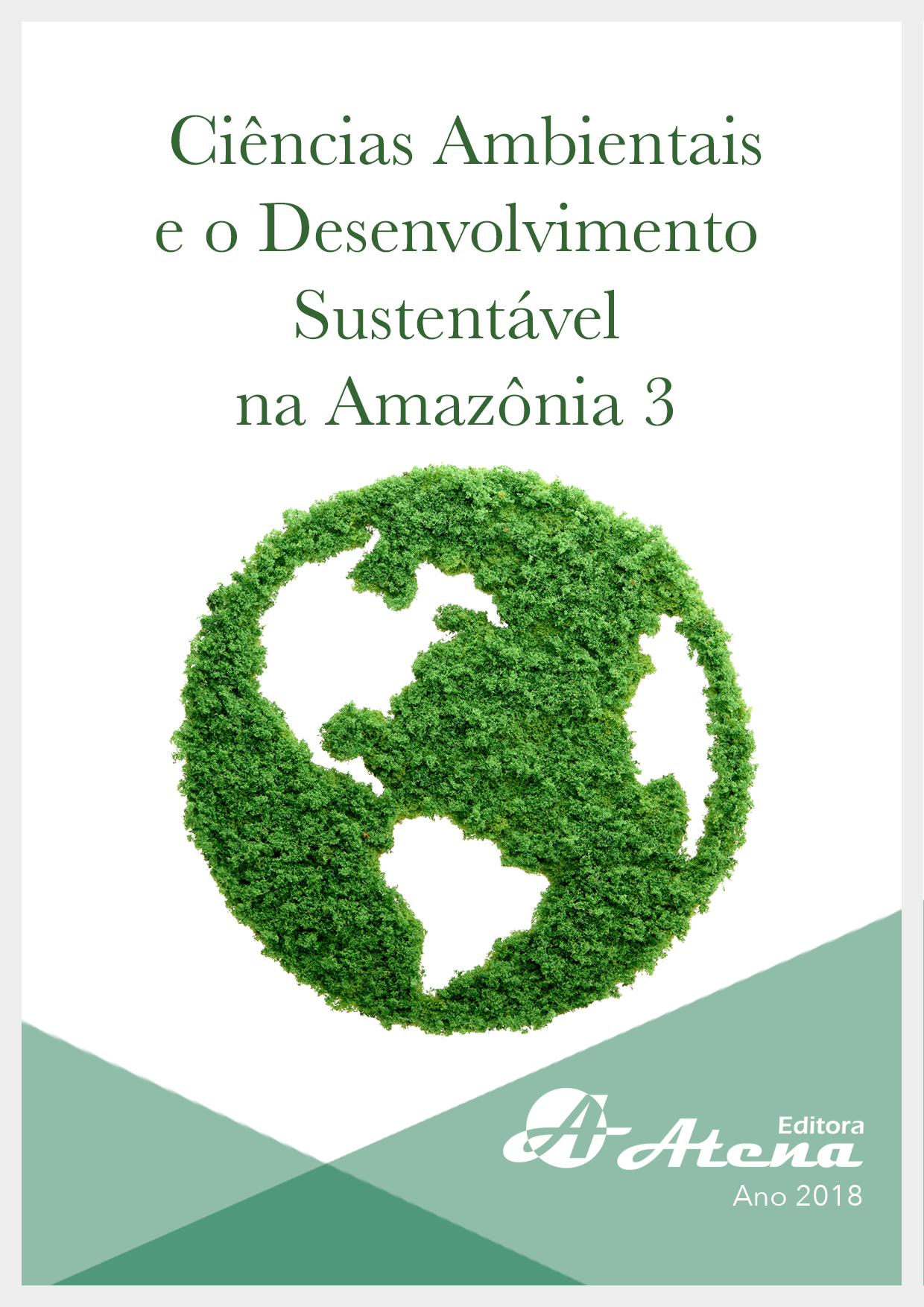
ANÁLISE GEOESPACIAL DO PROCESSO DE URBANIZAÇÃO NO MUNICÍPIO DE JACUNDÁ, PARÁ: TÉCNICA DE SUPERPOSIÇÃO DE MAPAS (OVERLAYS MAPPING)
O processo de urbanização ocorrido
no município de Jacundá-Pará, foi decorrente
da inundação do local pela barragem da
Usina Hidrelétrica de Tucuruí e consequente
remanejamento dos habitantes para a Vila Arraias,
nas proximidades da Rodovia Paulo Fonteneles
(PA-150), sendo que a alocação desses outros
habitantes na vila, desenvolveu-se sem o
prévio planejamento e infraestrutura necessária
para comportar as novas demandas. O objetivo
deste estudo foi analisar geoespacialmente
o processo de urbanização no município de
Jacundá-Pará pela técnica de superposição
de mapas, bem como relacionar os impactos
ambientais sobre o Rio Arraia. A metodologia
adotada baseou-se no levantamento de fontes
bibliográficas, entrevistas, visitas e uso de
técnicas de geoprocessamento. Os resultados
obtidos demonstraram que o município se
desenvolveu exponencialmente, expandindose no sentido do rio, com o agravamento de
sérios problemas ambientais para o corpo
hídrico, tais como lançamento de efluentes
domésticos e industriais in natura, disposição
inadequada de resíduos sólidos, supressão da
cobertura vegetal que acentua o assoreamento
e processos erosivos. De posse da técnica de
overlay mapping evidenciou-se um índice de
ocupação de área 2 vezes superior a inicial
(474,02 ha) em comparação aos anos de 1984
a 2011, sendo que a taxa de urbanização saltou
de 1,92% para 88,95% nos últimos 40 anos,
em contrapartida, o saneamento ambiental não
acompanhou o crescimento urbano.
ANÁLISE GEOESPACIAL DO PROCESSO DE URBANIZAÇÃO NO MUNICÍPIO DE JACUNDÁ, PARÁ: TÉCNICA DE SUPERPOSIÇÃO DE MAPAS (OVERLAYS MAPPING)
-
DOI: Atena
-
Palavras-chave: Crescimento. Impacto ambiental. Geoprocessamento.
-
Keywords: Growth. Environmental impact. Geoprocessing.
-
Abstract:
The urbanization process in the
municipality of Jacundá-Pará resulted from
flooding of the site by the dam of the Tucuruí
Hydroelectric Power Plant and consequent relocation of the residents to Vilage Arraias,
near the Paulo Fonteneles Highway (PA-150), that the allocation of these other
residents in the village has developed without the previous planning and infrastructure
necessary to accommodate the new demands. The objective of this study was to
geospatial analysis of the urbanization process in the city of Jacundá-Pará by the
technique of superposition of maps, as well as to relate the environmental impacts on
the River Arraia. The methodology adopted was based on the collection of bibliographic
sources, interviews, visits and use of geoprocessing techniques. The results showed
that the municipality developed exponentially, expanding in the direction of the river,
with the aggravation of serious environmental problems for the water body, such as
the release of domestic and industrial effluents in nature, inadequate disposal of solid
waste, suppression of vegetation cover that accentuates sedimentation and erosion
processes. The overlay mapping technique showed an occupation rate of 2 times the
initial area (474.02 ha) compared to the years 1984 to 2011, with the urbanization
rate jumping from 1.92% to 88.95% in the last 40 years, in contrast, environmental
sanitation did not keep pace with urban growth.
-
Número de páginas: 15
- Indri Santos Silva
- Eduardo Camurça da Silva
- Rodolfo Pereira Brito
- Suezilde da Conceição Amaral Ribeiro
- Altem Nascimento Pontes


